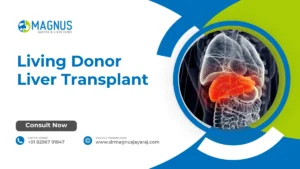The liver is vital for metabolism, detoxification, and hormone regulation. Including the best foods for liver health supports its function, boosts detox abilities, and protects against toxins. For those with conditions like fatty liver, choosing foods to help with a fatty liver reduces fat buildup and supports healing. A liver-friendly diet enhances liver function and overall well-being.
11 Foods to Eat for liver health
Including the best foods for liver health, best nutrients for liver health in your daily diet plays a key role in supporting detoxification, reducing inflammation, and protecting against liver diseases such as fatty liver. These foods to eat for liver health, foods good for liver repair help your liver perform its functions more efficiently, especially when it’s under strain from toxins, poor diet, or conditions like NAFLD (Non-Alcoholic Fatty Liver Disease).
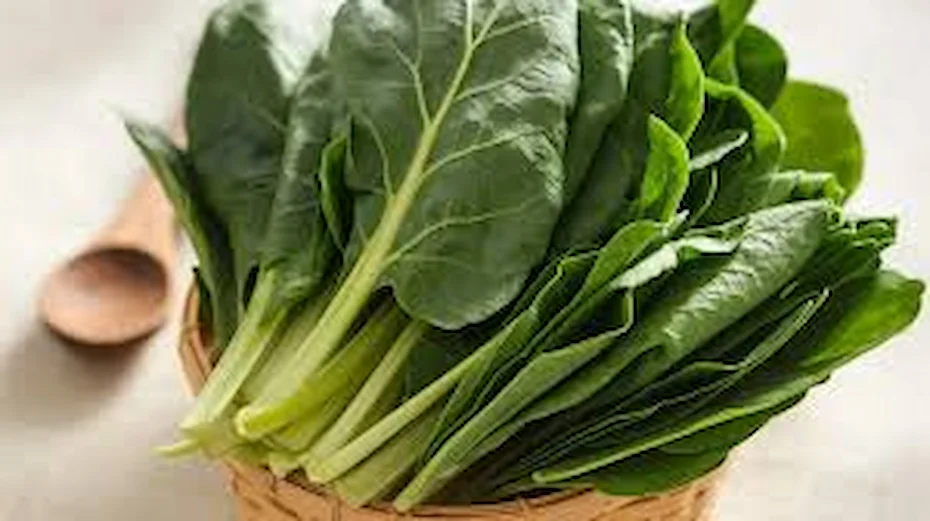
Leafy Green Vegetables
Leafy greens like spinach, kale, and arugula are packed with chlorophyll, which helps neutralize heavy metals and pesticides. They increase bile production, which aids in flushing out waste from the liver. These vegetables are also high in antioxidants, supporting liver cell regeneration.
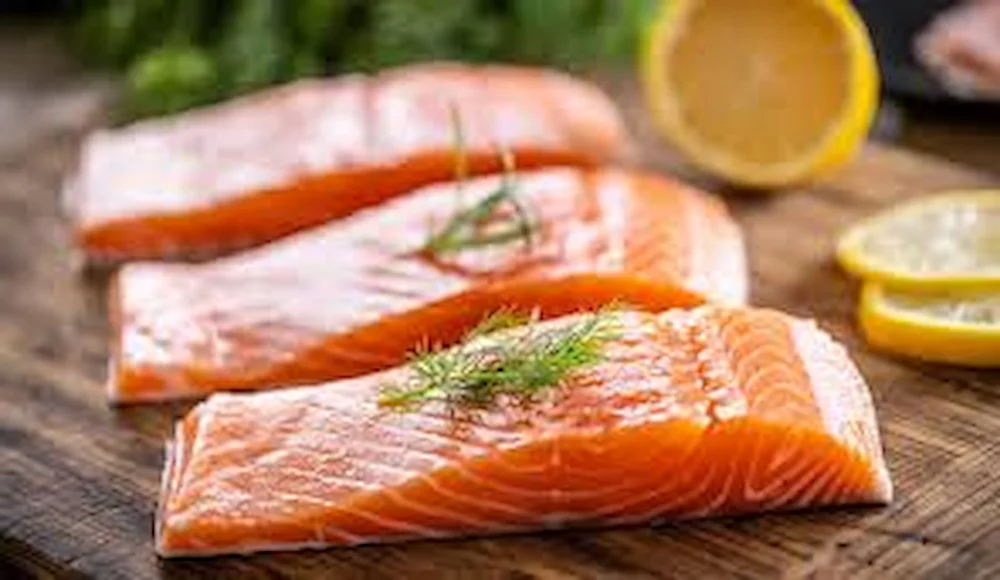
Fatty Fish
Salmon, sardines, and mackerel are rich in omega-3 fatty acids, which help reduce liver fat and inflammation. These healthy fats can balance liver enzymes and support metabolic processes. Regular consumption is linked with lower levels of liver fat in individuals with fatty liver disease.

Garlic
Garlic activates liver enzymes that assist in flushing out toxins. It contains allicin and selenium, two natural compounds that aid in liver cleansing and protection. Including garlic regularly can support immune function and detoxification.

Coffee
Coffee is one of the most studied foods to eat for liver health, with evidence showing it reduces the risk of liver fibrosis, cirrhosis, and even liver cancer. It lowers liver enzyme levels and provides antioxidants that help repair liver tissue. Drinking 2–3 cups a day may protect against chronic liver disease.
Cruciferous Vegetables
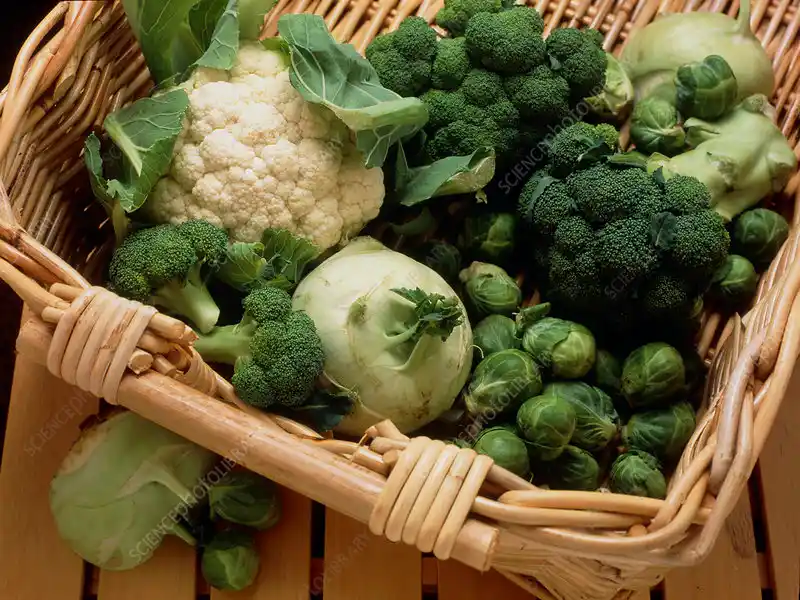
Broccoli, cauliflower, and Brussels sprouts contain glucosinolates, which boost detoxifying enzyme levels in the liver. These vegetables are also rich in fiber, promoting better digestion and reduced fat buildup in the liver. They are among the best foods for liver health due to their ability to protect the liver from damage.
Berries
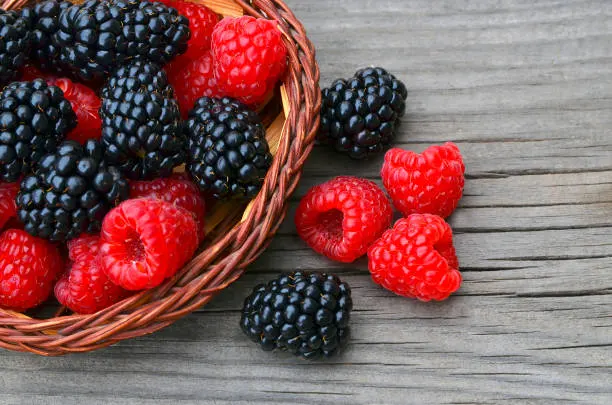
Blueberries and cranberries are loaded with anthocyanins, antioxidants that reduce liver inflammation and oxidative stress. Animal studies show they help slow fibrosis and increase antioxidant enzyme levels in the liver. Berries are a great daily snack for supporting liver health.
Turmeric

Turmeric contains curcumin, a compound with anti-inflammatory and antioxidant properties. It supports bile production and may slow the progression of liver diseases. Curcumin also helps in liver cell repair and protection from free radical damage.

Green Tea
Green tea is rich in catechins, plant-based antioxidants that improve liver enzyme levels and reduce fat deposits. Studies suggest it helps in weight management and liver fat reduction. It’s a powerful drink among foods to eat for liver health.
Nuts
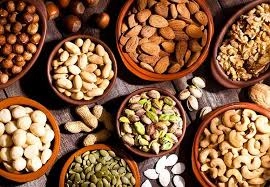
Almonds, walnuts, and pistachios provide healthy fats, antioxidants, and vitamin E—all essential for liver protection. Walnuts, in particular, contain arginine, which aids in ammonia detoxification. Regular nut consumption is associated with improved liver function tests.
Avocados

Avocados are nutrient-dense and full of healthy monounsaturated fats that help reduce liver inflammation. They increase glutathione levels, a key antioxidant for liver detoxification. Their fiber content also supports digestive health and reduces fat buildup in the liver.
Olive Oil
Olive oil is another staple among the best foods for liver health. It contains anti-inflammatory compounds and healthy fats that improve insulin sensitivity and reduce liver fat. Using olive oil regularly can enhance blood lipid profiles and decrease liver enzyme levels.
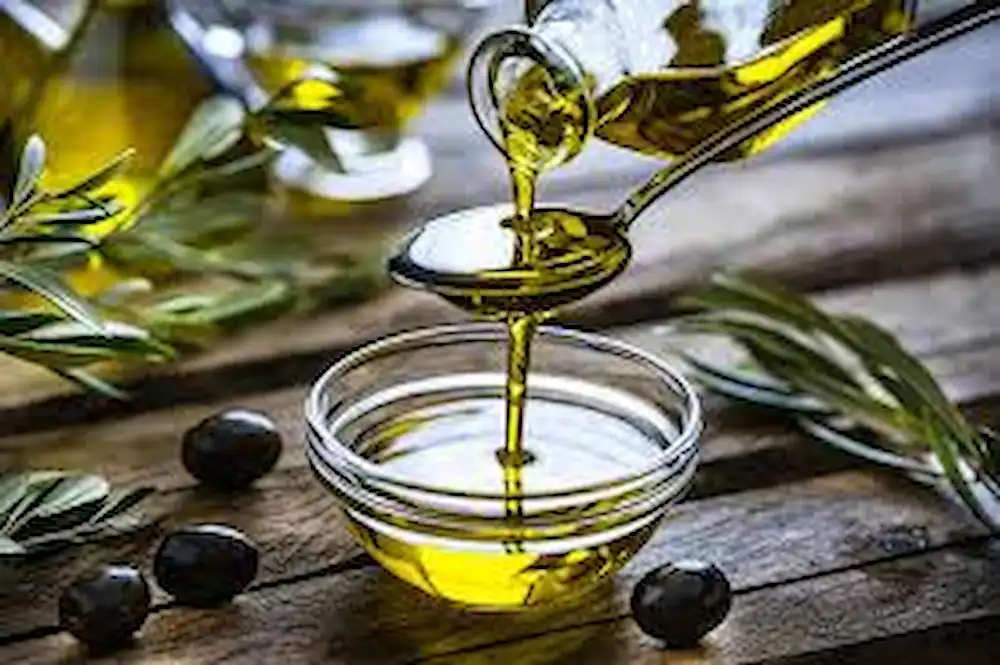
Foods To Avoid for Liver Health
There are several types of foods that can be harmful to liver health that should be avoided, foods to avoid for liver health or consumed in moderation to maintain optimal liver function. Some of these foods include:
Processed and Fried Foods
These are not the best foods for liver health as they are often high in saturated and trans fats, which can cause inflammation and contribute to liver disease. They can also contain harmful additives and preservatives that can be difficult for the liver to process.
Sugar and Sugary Drinks
High sugar intake can lead to the development of non-alcoholic fatty liver disease, which is a common cause of liver damage. Sugary drinks like soda are especially harmful as they are quickly absorbed into the bloodstream and can cause a rapid spike in blood sugar levels.
Alcohol
Drinking alcohol can cause inflammation and scarring of the liver, leading to liver damage and disease. Even moderate drinking can be harmful to the liver, so it is important to consume alcohol in moderation or avoid it altogether.
Salt
Consuming too much salty foods are not the best foods for liver health because they can cause fluid retention and contribute to the development of liver disease. It can also increase blood pressure, which can put additional strain on the liver.
High-Fat Foods
Consuming foods that are high in saturated and trans fats can increase the risk of developing non-alcoholic fatty liver disease. Red meat, high-fat dairy products, and processed snacks like chips and crackers are not the best foods for liver health.
What else can you do to keep your liver healthy?
While eating foods that support liver function is essential, maintaining overall liver health involves a combination of smart dietary choices, physical activity, hydration, and avoiding harmful substances. Your liver works continuously to filter toxins, regulate metabolism, and store vital nutrients—so protecting it should be a top health priority.
1. Limit Alcohol Consumption
Alcohol can severely damage liver cells and lead to serious conditions like fatty liver, hepatitis, and cirrhosis. Reducing alcohol intake significantly lessens liver stress and supports long-term health.
2. Avoid Processed and High-Sugar Foods
These are among the top foods to avoid for liver health as they promote fat buildup and inflammation. Cutting down on sugary drinks, fried foods, and packaged snacks helps prevent liver damage and supports fat metabolism.
3. Exercise Regularly
Physical activity reduces liver fat and improves metabolic function. Just 30 minutes of moderate exercise, such as walking or cycling, can help reverse early-stage fatty liver disease.
4. Stay Hydrated
Drinking enough water enhances detoxification and nutrient delivery to liver cells. It also helps flush out toxins, keeping the liver’s workload manageable.
5. Maintain a Healthy Weight
Excess body fat—especially around the abdomen—leads to fat accumulation in the liver. A balanced diet and active lifestyle are critical to reduce liver inflammation and improve function with foods that support liver function.
Essential Nutrients for Liver Health
| Nutrient | Function in Liver Health | Sources (Foods Good for Liver Health) |
| Vitamin E | Acts as a powerful antioxidant that protects liver cells from oxidative stress and inflammation. | Almonds, sunflower seeds, spinach, avocado |
| Omega-3 Fatty Acids | Reduces liver fat, improves insulin sensitivity, and fights inflammation. | Fatty fish (salmon, sardines), walnuts, chia seeds |
| Glutathione | Helps detoxify the liver, neutralize free radicals, and supports tissue repair. | Asparagus, avocados, spinach, garlic |
| Selenium | Essential for antioxidant enzyme production and reduces the risk of liver fibrosis. | Brazil nuts, eggs, mushrooms, tuna |
| Zinc | Plays a role in liver enzyme activity and immune function. Deficiency can worsen liver disease. | Pumpkin seeds, beef, lentils, chickpeas |
| Choline | Crucial for fat metabolism and preventing fat buildup in the liver. | Eggs, soybeans, chicken, broccoli |
| Vitamin C | Enhances liver detoxification and promotes tissue healing, best nutrients for liver health | Oranges, strawberries, bell peppers, kiwi |
| Vitamin D | Supports immune balance and reduces inflammation, especially in chronic liver conditions. | Egg yolks, fortified dairy, mushrooms, sunlight |
| Fiber | Promotes digestion and reduces the absorption of fats and toxins that strain the liver, best nutrients for liver health | Oats, legumes, apples, whole grains |
| B Vitamins | B-complex vitamins like B6, B9 (folate), and B12 support energy metabolism and detox pathways. | Leafy greens, whole grains, legumes, fish |
What Foods Protect the Liver?
Protecting your liver starts with the right diet. Some of the foods to help with a fatty liver and prevent liver disease include:
- Avocados – Packed with healthy fats and liver-protecting compounds.
- Whole Grains – Brown rice and oats support digestion and detoxification.
- Legumes – Lentils and beans help regulate liver enzymes.
- Olive Oil – A heart-healthy fat that reduces liver fat accumulation.
By consuming the best foods for liver health, focusing on foods good for liver health, and including foods that support liver function, you can maintain a healthy liver and overall wellness.
Conclusion
Thus, limiting the consumption of these types of foods and focusing on a balanced, nutrient-dense diet with the intake of foods good for liver repair can reduce the risk of liver disease. Incorporating foods that support liver function is crucial in maintaining optimal liver health and promoting its ability to detoxify and process nutrients effectively. It’s important to consult with a healthcare professional if you have any concerns about your liver health or dietary needs.
Read also Best Liver Transplant Surgeon in Chennai.


